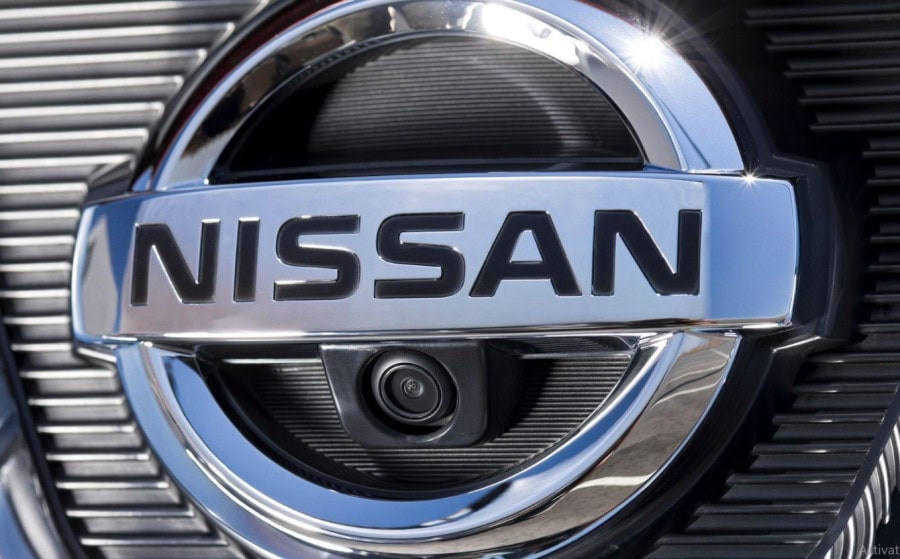Tokyo: Nissan Motor will hand over its business in Russia to a state-owned entity for 1 euro ($0.97), it said on Tuesday, taking a loss of around $687 million and exiting the country months after it was forced to halt production there.
The Japanese company will transfer its shares in Nissan Manufacturing Russia LLC to state-owned NAMI, it said. The deal will give Nissan the right to buy back the business within six years, Russia’s industry and trade ministry said.
The deal makes Nissan the latest major company to exit Russia since Moscow sent tens of thousands of troops into Ukraine in February. It also mirrors a move by Nissan’s top shareholder, French automaker Renault which sold its majority stake in Russian carmaker Avtovaz to a Russian investor in May.
“The sale to NAMI will include Nissan’s production and research facilities in St. Petersburg as well as its sales and marketing center in Moscow,” the ministry said.
Nissan said it expected an extraordinary loss of around 100 billion yen ($687 million), but maintained its earnings forecast for the financial year ending in March.
Nissan suspended production at its St. Petersberg plant in March due to supply chain disruptions. Since then, the company and its local unit had been monitoring the situation, it said. But there was “no visibility” of a change to the external environment, Nissan said, prompting it to decide to exit. – Agencies










